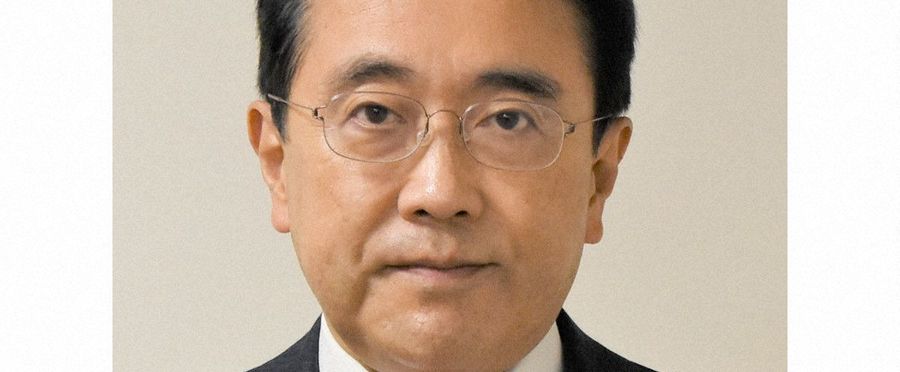Akasawa, the Minister in charge of economic revival in Japan, has announced plans to resign from this pivotal role. The reasons for his impending departure are not made explicit in the headline, but such a decision signals a potential shift in Japan's economic policies and strategies. The implications of Akasawa's sack are eagerly awaited both within the realm of politics and among the general public who eagerly anticipate how this change may impact Japan's economy.
In Japan, decisions such as Akasawa's resignation can have significant impacts on the local economy and hold considerable political significance. It often triggers debates about the effectiveness of the outgoing minister's policies and speculation over changes the new minister might introduce. As Japan's recent political history is punctuated with frequent changes in leadership roles, the society greatly values stability and long-term vision in those positions.
In the U.S. or EU, similar situations would also be weighed heavily. Such a resignation often leads to discussions about the effectiveness of existing policies and potential shifts in economic policy. However, a key difference might be the frequency and acceptance of such changes. In Japan, these changes occur more regularly than in the U.S. or EU, where stability is more often expected in such positions.

